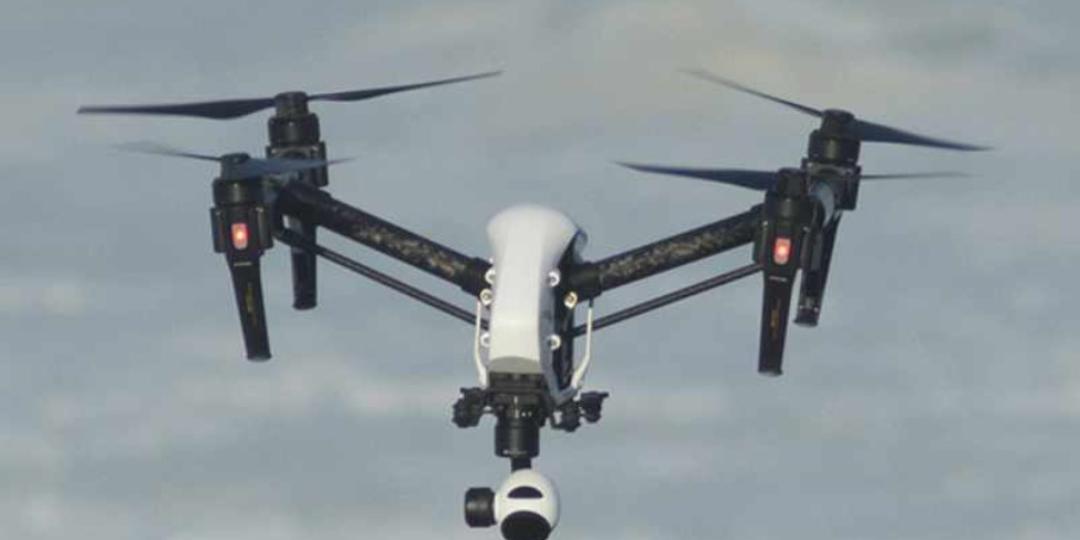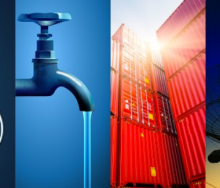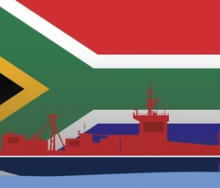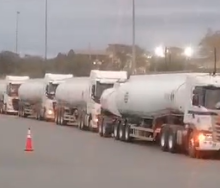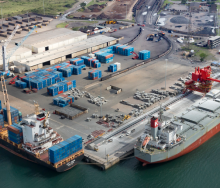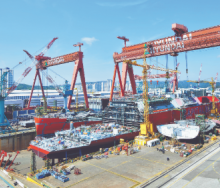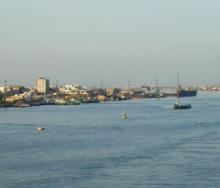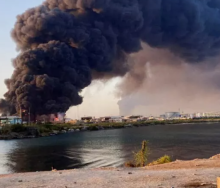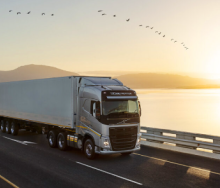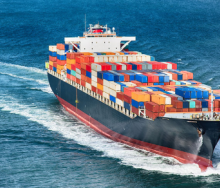Spanish police authorities seized autonomous underwater vehicles, each capable of transporting around 200 kilograms of drugs, earlier this month.
It’s not the first time police authorities have caught an uncrewed vessel carrying illicit substances, raising myriad questions regarding how to regulate this latest maritime technology.
These remote-controlled “narco-drones”, “narco-subs” or “underwater drones” herald a new era in international drug trafficking. Drugs and other illicit goods can now be transported across the oceans, controlled by a remote operator located anywhere in the world.
These “maritime autonomous vehicles” are ships or underwater vehicles that are remotely controlled or autonomous and don’t have humans on board, a phenomenon for which international law isn’t entirely ready.
There isn’t one universal definition of a “ship” or “vessel”. This makes it difficult to know when rights and duties attach to that ship.
China, for example, has a shark-shaped drone used to gather intelligence. While a naval surveillance ship may be entitled to the freedom of navigation, it shouldn’t be presumed that such a small, uncrewed “vehicle” also enjoys this right.
Law enforcement officials are already using uncrewed sea vessels for policing purposes. Australia gifted drones to Sri Lanka last year to support efforts against migrant smuggling operations.
Private companies are designing uncrewed surface vehicles for patrolling against illegal fishing.
The new technology will likely become a critical component for countries wanting better information about who’s doing what and where.
International law requires states to cooperate and share information to prevent different transnational crimes at sea. For example, Article 108 of the UN Convention on the Law of the Sea requires all states to cooperate in the suppression of drug trafficking on the high seas.
The 1988 Drugs Convention goes further, allowing parties to the treaty to stop and board each other’s vessels when they’re reasonably suspected of trafficking in illicit drugs.
However, if there’s no one on board a remote-controlled submarine, the existing rules and procedures for law enforcement cannot work as they have before.
The International Maritime Organization is undertaking a study of who is a “master” and “seafarer” in the context of uncrewed surface ships used to transport cargo around the world. While the organisation has an important focus on maritime safety, there are many legal questions relating to crimes at sea that also need to be answered.
Determining who may be held criminally responsible when an uncrewed vessel is seized isn’t immediately apparent.
Australian legislation, for example, criminalises drug trafficking when a “person transports the substance” but doesn’t refer to a situation where the person isn’t present at the time of transport. A person isn’t necessarily in “possession” of illicit drugs if they’re remotely controlling a narco-drone.
The alternative may be to prosecute an alleged offender on the grounds they’ve aided and abetted in the crime.
Designers and manufacturers of maritime autonomous vehicles may need to consider how to safeguard their products against improper use.
Determining which country has legal jurisdiction when a criminal enterprise uses autonomous narco-subs may be a complex issue.
For example, what if the alleged offender is a Russian national located in Belarus who’s operating the autonomous vehicle to transport drugs from Myanmar to Australia?
Australia doesn’t usually criminalise conduct by foreigners that occurs in the sovereign territory of other countries, the offence of killing an Australian overseas being one exception.
In light of uncrewed vessels, states may need to consider new bases of jurisdiction to justify the exercise of authority over an alleged offender.
Prior to the recent seizure in Spain of the “narco-drones”, Houthi rebels in the waters around Yemen were using small remote-controlled vehicles laden with explosives to attack Saudi ships.
This terrorist act potentially falls within the terms of the 2005 Convention for the Suppression of Unlawful Acts against the Safety of Maritime Navigation. States party to this treaty are to criminalise these sorts of actions and prosecute or extradite those responsible.
However, questions arise as to how terrorism laws will apply to the use of these autonomous vessels. - The Conversation
